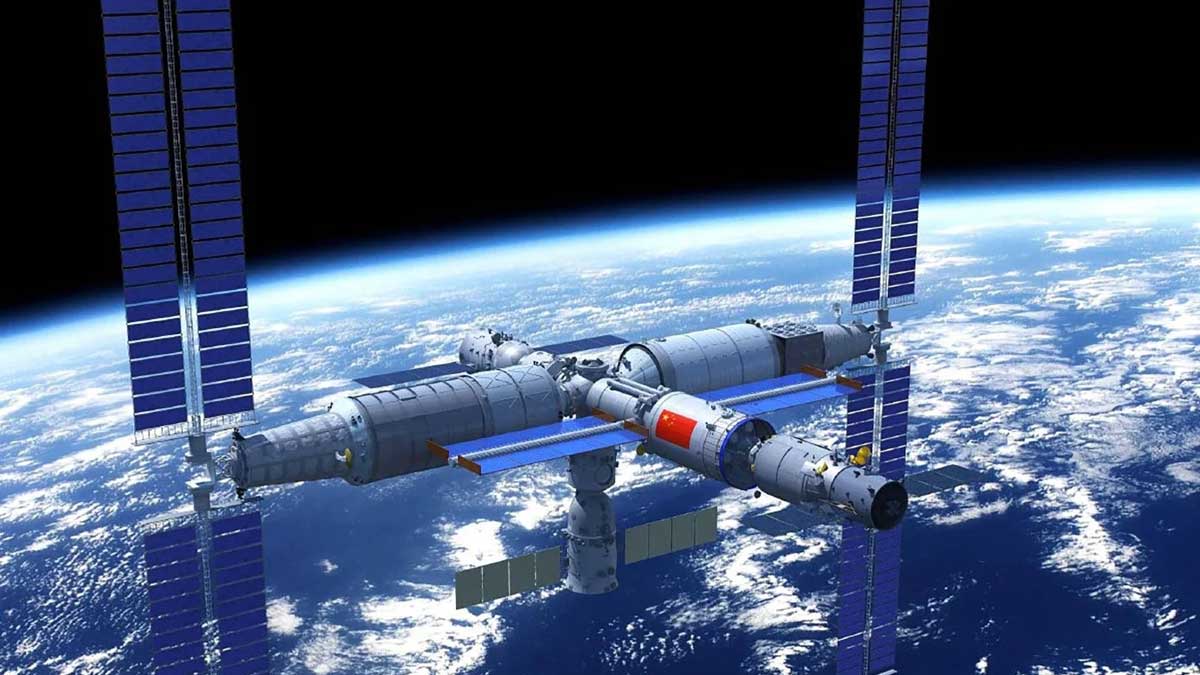China has proclaimed strategies to lift space cooperation with Pakistan, along with the improvement of a space centre and the introduction of more satellites for its all-weather confederate.
Pakistan records several times in a white paper labelled China’s Space Programme: A 2021 Perspective, issued by the State Council or the Central Cabinet, delineating future development plans for China’s mushrooming space industry, which has fruitfully launched tasks to the Moon and Mars.
China will “give priority to developing communications satellites for Pakistan and to cooperating on the construction of the Pakistan Space Centre”, the white paper said.
Read more: Pakistan joins hands with Turkey to develop space and satellite projects
Besides, in 2018, China had aided Pakistan to take off two satellites named Pakistan’s first optical remote sensing satellite PRSS-1, and a smaller observation craft PakTES-1A. Moreover, in 2019, both the countries pen down a contract on space investigation, designing a new stage in space science collaboration between the adjacent allies.
Additionally, the white paper released on Friday informed that China accomplished the in-orbit distribution of the Venezuelan Remote-Sensing Satellite (VRSS-2), Pakistan Remote-Sensing Satellite (PRSS-1), the Algerian Communications Satellite (Alcomsat-1), and Sudan Remote-Sensing Satellite (SRSS-1).
China has also delivered satellite-carrying or initiation facilities to a number of countries like Pakistan, Saudi Arabia, Brazil, Argentina, Canada and Luxembourg.
China has led space artefact and technology collaboration with countries, like Ukraine, Belarus, Russia, Pakistan, Argentina, and Nigeria, the white paper stated.
Furthermore, the country has fabricated satellite data receiving stations with states like Indonesia, Namibia, Bolivia, Thailand and South Africa.
While issuing the white paper, China’s National Space Administration (CNSA) deputy head Wu Yanhua informed that the International Lunar Research Station (ILRS), mutually planned by China and Russia, is likely to become operative by 2035.
“Governments of China and Russia are working closely on the ILRS agreements and have basically reached a consensus, and the agreement will hopefully be signed later this year. After that, a joint declaration on the project will be announced to the world by the national space agencies of the two countries,” Wu said.





















